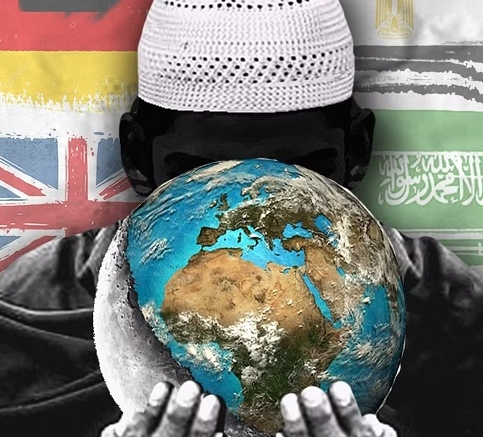Author: Turan Kayaoglu
Affiliation: University of Washington Tacoma
Organization/Publisher: Millennium Journal of International Studies
Date/Place: September 2021/ USA
Type of Literature: Academic Journal article
Number of Pages: 11
Link: https://journals.sagepub.com/doi/abs/10.1177/03058298211050665?journalCode=mila
Keywords: International Society, Islam, Hendrik Spruyt
Brief:
In Hendrik Spruyt’s The World Imagined, he argues for pluralizing the ways in which different collective beliefs imagine international order. The second part of the book focuses on “The Islamic Cultural-Historical Community” as an approach that looks beyond the ‘Westphalian gaze’. The author of this article, himself an expert on the Organization of Islamic Cooperation (OIC), interrogates Spruyt’s use of the term “Islamic” in international relations theory. The author believes that while Spruyt is correct to fix the long-standing belief that non-European peoples lacked any conception of international society, he is more cautious about Spruyt’s use of the word “Islamic”. If “Islamic” means sharia, then such description omits the ways in which Islamic civilization also borrowed from Persian, Byzantine and Indian political traditions. The use of “Islamic” for any particular historical formation prevents us from seeing how the present international society can be or is “Islamic”. This creates a sense of civilizational alienation from the current order, as witnessed through the debate over the Cairo Declaration of Human Rights. The Council of Europe deemed the Cairo Declaration incompatible with the European Convention on Human Rights—due to the logic that anything Sharia-based cannot be European. The author also cautions in thinking about Islamic international society as being modeled on imperial formations, whereby minorities in other countries do not fall into the Islamic international society. The word ummah may be better served to represent Muslim aspirations for an international society thereby including those living outside of Muslim-majority states.
By: Üveys Han, CIGA Senior Research Associate




